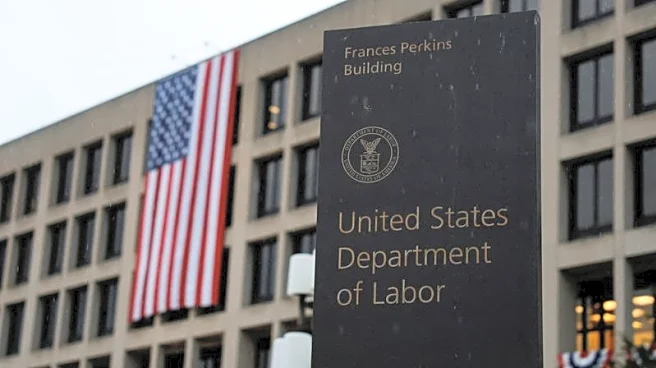What's Happening?
The Pentagon has introduced a new press policy that has been met with significant resistance from major U.S. media outlets. Only 15 individuals, primarily from smaller or foreign media organizations, have
signed the policy, which restricts journalists from soliciting unauthorized information. Major outlets like The Washington Post, Fox News, and Newsmax have rejected the policy, citing concerns over press freedom and the ability to report critically on government actions. The policy has sparked debate over media access and transparency within the Department of Defense.
Why It's Important?
The rejection of the Pentagon's press policy by major media outlets underscores the ongoing tension between government agencies and the press regarding access to information. This development could impact the public's ability to receive unbiased and comprehensive reporting on defense matters. The policy's restrictions may hinder investigative journalism and limit the media's role in holding government accountable. The situation highlights broader concerns about press freedom and the potential for government overreach in controlling media narratives.
What's Next?
The Pentagon may face pressure to revise or rescind the policy in response to backlash from media organizations and press freedom advocates. Legal challenges could arise, questioning the constitutionality of the restrictions. The situation may prompt discussions within Congress and among civil society groups about the balance between national security and press freedom.
Beyond the Headlines
The policy raises ethical questions about the role of the media in a democratic society and the importance of transparency in government operations. It also highlights the challenges faced by journalists in accessing information and the potential consequences for public trust in media and government institutions.











